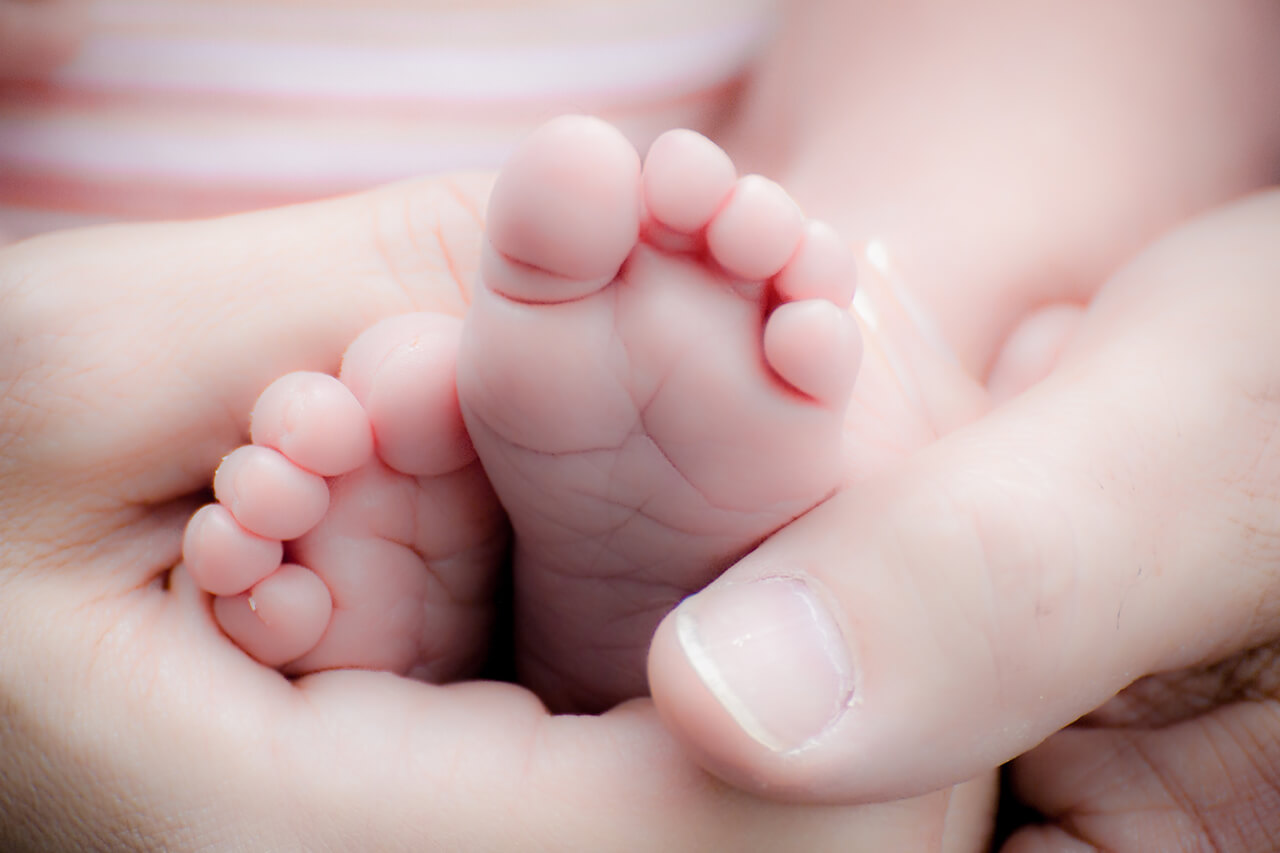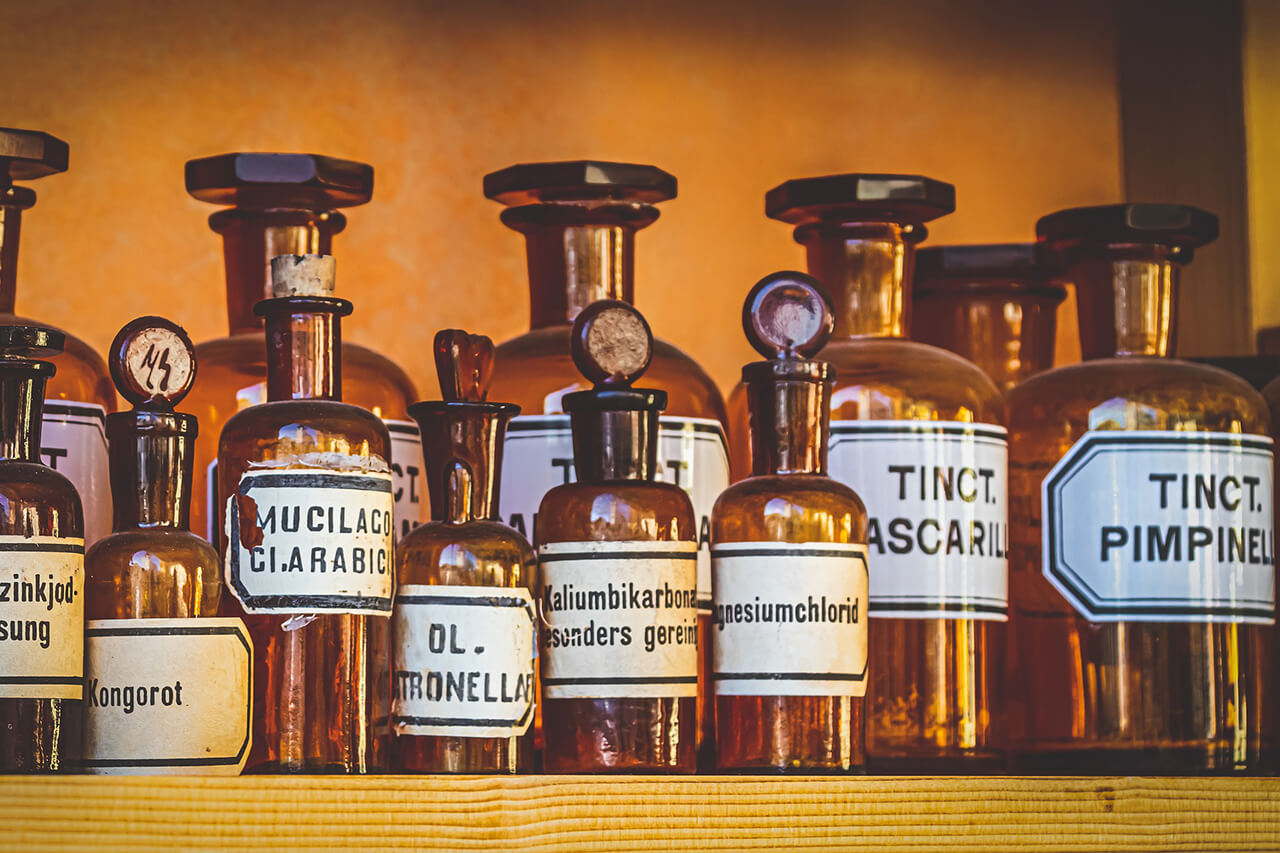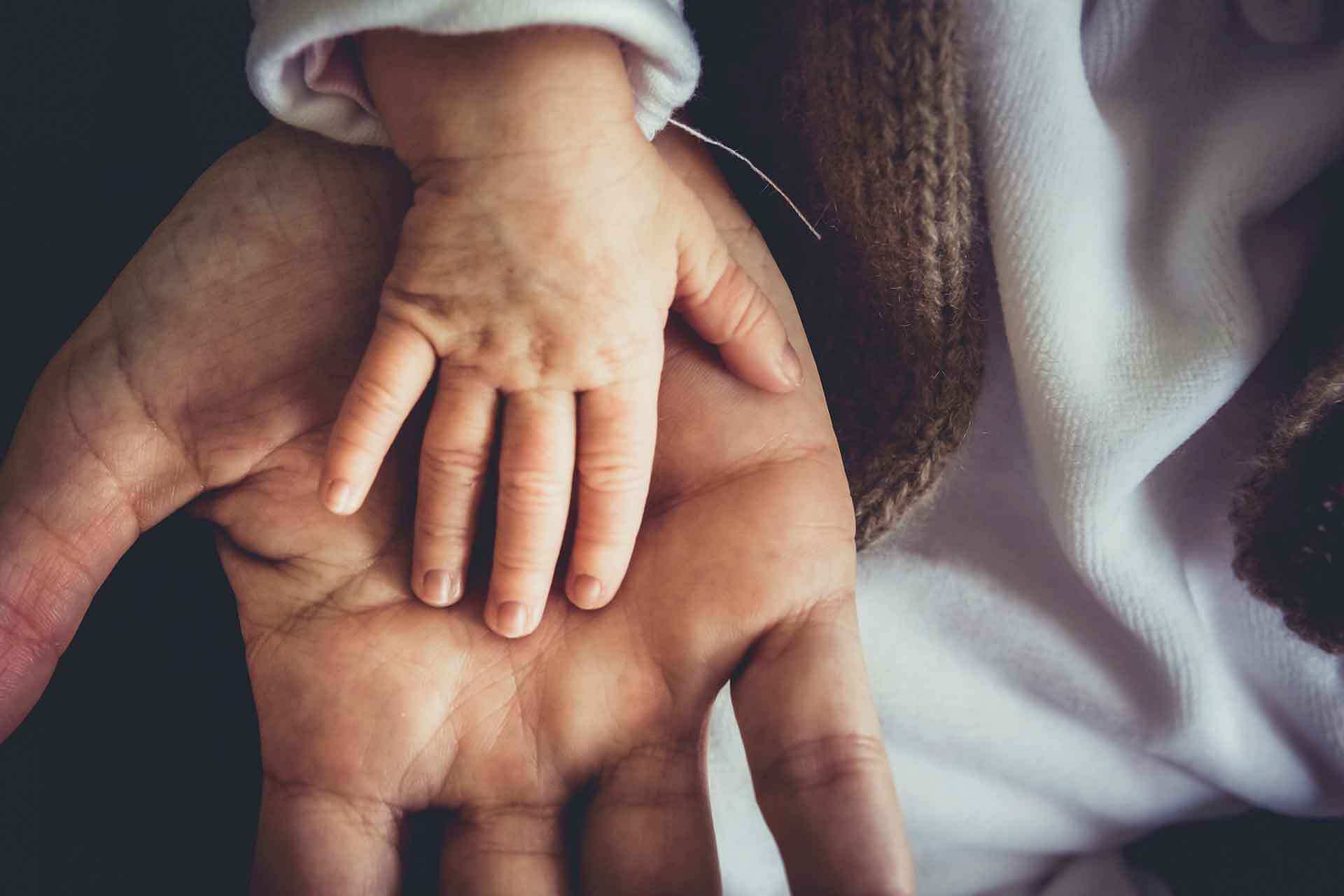Health
and healthcare can play an important role for inter* people and their relatives
to a greater or lesser extent. During the course of their lives, many intersex
people generally need to come into contact with the medical system and deal
with questions concerning a diagnosis.
Many
intersex people and the parents of intersex people have not had particularly
positive experiences with doctors. Yet medical professionals can play an
important part in helping intersex people to understand and take good care of
their bodies. It is not possible to answer questions intersex people may have
relating to biological parenthood in a generalised way. Whether an intersex
person can conceive and carry a child needs to be clarified on an individual
basis. It is important to discuss your options with a trusted medical
professional.
You can find out here how gender is created (from a biological standpoint) and what this means for the body.
The following information describes the different diagnoses and what this means for the body. Further on you will find general information on hormone medications, cancer risk and operations. If you have further questions about diagnoses and their ramifications, you can always contact one of the support groups. Click here to view a list of addresses. There are also other places where you can get advice on intersex in NRW. The various support services are there to help – don’t be afraid to ask!
Possible diagnoses
5-alpha reductase type 2 deficiency and 17-beta
hydroxysteroid dehydrogenase type 3 III deficiency
What does that mean?
5-alpha reductase
deficiency and 17-beta hydroxysteroid dehydrogenase type 3 deficiency are
conditions that affect male gender characteristics. For example, the penis may
not be present or it will be small so that the genitalia may initially appear
to be female. Later on, as the body starts to mature during puberty, the body
develops more pronounced male characteristics.
What happens during puberty?
During puberty, it
is likely that the body will take on a more masculine appearance, for example,
the development of facial hair, the voice may break and the genitals may start
to grow. Depending on how the young person feels, the subjects of gender
identity and (sexual and gender) self-determination can become particularly
important.
What do you need to be aware of?
The best approach at the beginning is to wait and see how the child develops. We generally advise people to be sensitive and open when dealing with (physical) changes that may arise. It is certainly a good idea to seek help from support groups and medical professionals who have experience with inter* patients, if you feel this is necessary. If you contact any of the support groups, you are likely to come across people who have had similar experiences as you. Medical professionals can provide you with individualised advice and provide specialist support that will help you to make decisions. You can find information on support services in NRW here.
Congenital adrenal hyperplasia (CAH)
What does that mean?
Important hormones
such as cortisol (the stress hormone) and aldosterone (a hormone that regulates
salt levels in the body) are produced in the adrenal glands. Androgens are also
produced here. These are hormones that regulate the development of male
characteristics (e.g. testosterone). In CAH, the adrenal glands produce less
cortisol and aldosterone and the body compensates by producing more androgens.
Depending on the way the condition manifests, this can result in a more
masculine appearance and external genitals, along with the presence of both
male or female internal sex organs.
What happens during puberty?
Depending on the
way CAH manifests, the high levels of testosterone in children can result in
the early onset of puberty where children may become particularly tall, their
voices may break and they may develop excessive amounts of body hair. Children
with less pronounced CAH may often not start their periods even though their
bodies have female characteristics.
What do you need to be aware of?
The low
concentration of other hormones produced by the adrenal glands can result in
symptoms that require treatment such as the life-threatening loss of salts from
the body. Hormone therapy will therefore be required over the course of the
person’s life.
Types of androgen insensitivity syndrome (CAIS, PAIS,
MAIS)[1]
What does that mean?
Androgens are
substances in the body that regulate the development of the male body (e.g.
testosterone). If the body cannot produce these substances or process the
information they carry, in other words, if it is resistant to them, the body
may only appear partially masculine or not masculine at all.
What happens during puberty?
This all depends
on whether there is complete androgen resistance (CAIS) or a gradual, partial
androgen resistance (PAIS, MAIS). If the body is androgen resistant to the
greatest degree possible, it can be expected to develop as a female. However,
it is not possible to have a menstrual cycle. In the case of partial androgen
resistance, more typical masculine characteristics are more likely to develop
during puberty, such as the development of facial hair and the voice may break.
What do you need to be aware of?
There can be a
higher risk of developing testicular cancer (gonads) in all types of androgen resistance.
In the case of CAIS, the risk is very low so the testicles can be left.
However, if a diagnosis of PAIS is made, it is necessary to work with a trusted
doctor who will need to closely monitor the development of the gonads. Regular
ultrasound examinations of the abdominal area will have to be carried out.
Mixed gonadal dysgenesis
What does that mean?
In mixed gonadal
dysgenesis, the testicles do not produce very much testosterone. It is often
the case that the testicles function in irregular way which means that the
internal and external genders may be different. People with this condition may
be short in stature.
What happens during puberty?
Children with
mixed gonadal dysgenesis do not develop breasts during puberty and will not
start their monthly periods.
What should I be aware of?
It is advisable to
have the testicles examined on a regular basis (generally by means of
ultrasound) because there is a higher chance of developing testicular cancer.
Klinefelter
syndrome
What does that mean?
Klinefelter
syndrome is where people are born with one or several extra sex chromosomes.
80% of the people diagnosed with Klinefelter syndrome have an additional X
chromosome and therefore the chromosome set 47,XXY.[2] The other variations are
48,XXXY, 49,XXXXY and 48,XXYY. It may also be the case that not all cells carry
the same set of chromosomes. This is known as mosaicism which means that in
some cells the karyotype (i.e. the total number of chromosomes) is 47,XXY, for
example, and then 46,XY in other cells.
What happens during puberty?
The
effects of these genetic variations manifest themselves in very different ways.
This is why it is often difficult to get an early diagnosis. Puberty is
unremarkable for most people who are later diagnosed with Klinefelter syndrome.
However, many have relatively small, firm testicles which are sometimes in an
unusual position. These testicles do not produce very much testosterone and
this leads to a chronic lack of testosterone. For example, hair does not grow
much on the face or body and breasts may also start to develop.
What should I be aware of?
As musculoskeletal
problems, anaemia and tall stature can go hand in hand with chromosomal
variation, it is important to pay attention to the signals your body is giving
you, to know your body well and to understand if you need special support.
Parents can help their children to feel safe and confident to talk about how
they feel. Learning difficulties are also associated with Klinefelter syndrome.
Ovotesticular DSD
What does that mean?
“Ovotesticular”
means a person is born with both male and female reproductive tissue. Ovarian
tissue relates to tissue which is present in the ovaries and testicular tissue
relates to tissue in the testicles. When grouped together, the two terms are
known as “ovotesticular”. The condition involves the development of both female
and male characteristics. People with this condition can vary considerably in
their outward appearance.
What happens during puberty?
The body often
changes during puberty. This varies from one body to another and how the
ovarian and testicular tissue is distributed.
What do you need to be aware of?
As
is the case with all diagnoses, operations should not be carried out unless
they are required to save lives. It is necessary to wait until the children
concerned are able to decide for themselves whether their bodies should be
changed. Carrying out surgical procedures too early could have serious negative
consequences.
Ullrich Turner syndrome
What does that mean?
Ullrich
Turner syndrome affects the number of variations of sex chromosomes. The person
concerned may “only” have one X chromosome, i.e. 45,X0, or they may have
mosaicism, which means that some cells have 45,X0 chromosomes and other cells
have 46,XX or 46,XY.
What happens during puberty?
Lower
levels of sex hormones are usually produced in people who are diagnosed with
Ullrich Turner syndrome. This may affect the person’s ability to have children.
Hormone supplementation therapy may help those wishing to become pregnant. You
are advised to seek the advice of a specialist endocrinologist if you would
like to know if you are likely to become a biological parent. You can also
contact one of the support groups who will be able to share their experiences.
What do you need to be aware of?
The
different genetic variations can have different physical effects. Children
diagnosed with Ullrich Turner syndrome are more likely to be smaller than
average. Other characteristics may also be evident, such as short fingers or
fingernails, a small lower jaw or wide rib cage. There is also a higher risk of
developing cardiovascular diseases and conditions that affect the kidneys,
thyroid, bones, ears, eyes and intestines. In the case of mosaicism, diagnoses
are usually only first given during the teenage years or in early adulthood.
When is it helpful
to undergo hormone therapy?
Hormones
play various roles within the body. The decision to undergo hormone therapy requires
very careful consideration. This is because hormones work in a number of ways
and not just in a small area of the body. However, in some physical conditions,
hormone therapy can be important for health.
There
are fundamentally many reasons why hormone therapy might be needed. The most
frequent and most cases are those that involve (1) avoiding health
complications caused by low levels of hormones, e.g. osteoporosis, (2)
supporting the way individuals feel about their own physical (sex) development.
Cancer risk –
important but not decisive
Many
people with variations of sex characteristics are already familiar with the
subject of cancer risk. It is probably more difficult to find reliable
information about this subject than any other.
It
is possible that the variations increase the risk of developing malignant
tumours in the testicles. It was assumed for a long time that the risk
increased if the testicles are located in the abdominal cavity where there are
exposed to higher temperatures. The removal of the testicles (gonads) was
therefore often recommended (gonadectomy). However, this has serious
implications for the body. Hormones have to be taken indefinitely if the
testicles are removed. Very little research has been carried out on the effects
of hormones on people with different intersex bodies.
It
is important to monitor the situation regularly instead of removing the
testicles. Changes in the testicles may be detected through regular ultrasound
examinations of the testicles and abdominal palpation. It is advisable to talk
through your individual situation with a trusted doctor. It’s also important to
be aware that it’s not possible to make generalised recommendations. Even
though general tendencies have been observed in terms of which variations
present the greatest cancer risk, research has not produced any reliable data
yet.
Surgical
procedures
The
subject of surgery is frequently raised when intersex issues are being
discussed. In the past, and unfortunately still today, medical professionals
have recommended genital surgery on children if they appear to be different
than expected and do not confirm with society’s perception of what a boy or a
girl should look like. These operations, which have nothing to do with health,
can be very damaging and often create subsequent problems. For example, surgical scars can reopen or
urinary problems can develop. It can also be distressing for many people to
undergo operations that are not necessarily carried out for health reasons.
It
is very difficult to believe that your parents love you unconditionally if they
appear to be imposing the condition that your body needs to look “normal” to
other people. This can cause you to wonder what your body would be like now had
you not undergone the surgery and to question whether things would be different
if you had been given the chance to decide what happens to your own body. These
thoughts and feelings can damage mental health and lead to serious problems.
Operations that take place without the consent of children and young people and which are primarily intended to ensure that their bodies comply with social norms are now recognised to be human rights violations. Nonetheless, there are still doctors who recommend that parents allow their children to undergo surgery for reasons such as it will ensure that they can have “better” sexual experiences when they are older. These kinds of operations should never be permitted to happen without consent. A legal ban on surgery on intersex people without consent would be an important step forward in the effort to prevent human rights violations against inter* children and young people.
In addition to surgery without consent, operations can be carried out on people who have in fact given their consent. If this applies, it is important that you ensure you are well-informed before the operation takes place about the consequences of your decision and are able to find out whether you are covered by your health insurance policy. You can find out more about your health insurance rights here.














